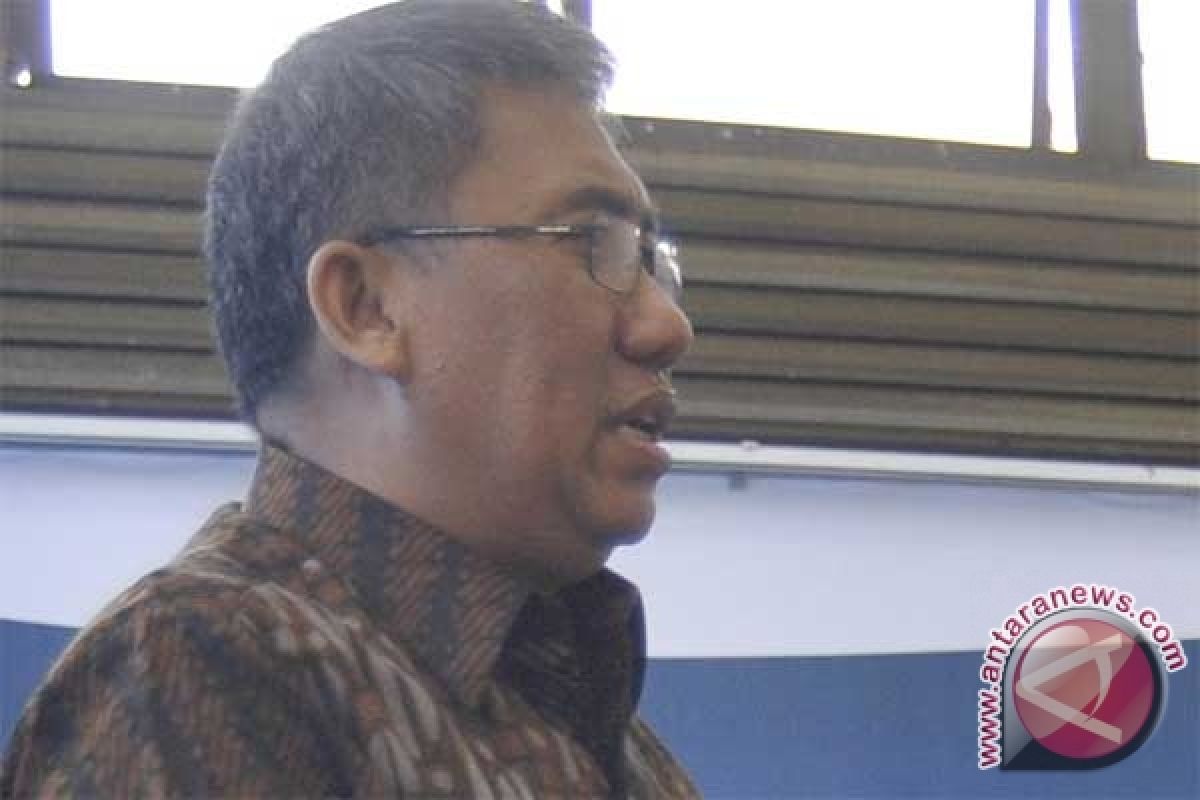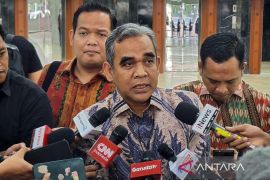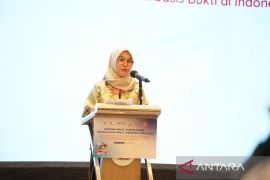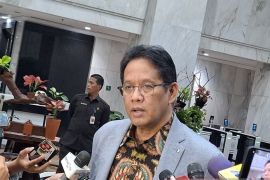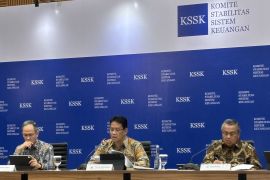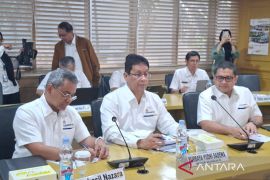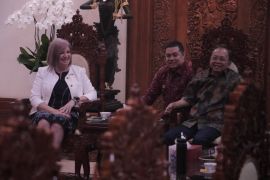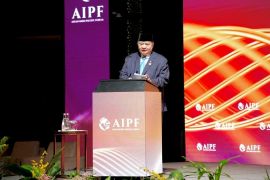"The economic growth in 2012 grew only at 6.23 percent because the country`s exports were weakening," Deputy Trade Minister Bayu Krisnamurthi said.Jakarta (ANTARA News) - Deputy Trade Minister Bayu Krisnamurthi said that the government failure to achieve its economic growth target at between 6.3 and 6.5 percent in 2012 was due to exports weakening.
"The economic growth in 2012 grew only at 6.23 percent because the country`s exports were weakening," the deputy trade minister said here on Thursday.
He said that actually Indonesia`s non oil exports balance was surplus by Rp40 trillion, yet its oil and gas imports jumped up to Rp50 trillion.
The deputy minister said that pressures should not therefore continuously be made. After all, the price of crude had exceeded US$110 per barrel. This will put pressures on Indonesia`s trade balance.
He said that the country`s oil and gas trade balance was the only one which was in critical condition. This requires the government to safeguard the energy sources at home which could also contribute income to the state.
"Regarding deficit in the first quarter of 2013, I do not want to make speculations. I am afraid if I speculate it would really become true," he said after attending a coordination meeting that discussed the government work plans.
He said that the possible solution was a policy that should be taken by Minister of Energy and Mineral Resources Jero Wacik to reduce the state`s trade deficit.
"On what would the policy be like, would depend on the energy and mineral resources minister," he said.
Statistics deputy chief for trade balance and analysis Suhariyanto said that Indonesia`s economic growth at 6.23 percent was one of the highest in the world after that of China, even if it failed to meet the government`s target.
"It is true that we failed to achieve the target but amid global economic crisis at present, Indonesia`s economic growth is the second biggest after China`s," he said.
In the meantime, Head of the Central Statistics Agency (BPS) Suryamin has earlier said that the Indonesian economy fell short of the targeted 6.3-6.5 percent last year due to the global economic crisis.
The crisis is still going on as can be seen from the trade balance deficit in 2012, he said here on Tuesday.
Suryamin explained that in anticipation of the deficit, the government needs to diversify its export market to maintain export growth and reduce imports of consumer goods.
"The trade balance is affected by external factors. If the factors are disturbed, our exports will be affected," he pointed out.
He added that the government needs to increase spending on consumption which slightly grew by 1.25% in 2012.
"Government consumption expenditure is low due to efficient use of goods and moratorium on the recruitment of civil servants, so that the growth rate decreases," Suryamin explained.
He said that the government also has to begin to increase investment as it can encourage the growth of other economic sectors.
"For its part, we need to develop labor-intensive industries so that we do not merely rely on capital-intensive sectors or services. This way farmers can process their agricultural produce and increase their income," he said.
Suhariyanto added that the growing investment sector is badly needed to maintain the country`s economic growth in 2013 as well as to anticipate a shortfall in exports due to the crisis.
"Infrastructure is needed to increase investment. In addition, the investment climate must be good so that productivity will be getting better," he said.
BPS recorded the 2012 economic growth at only 6.23 percent, falling short of the government`s forecast of 6.3-6.5 percent.
Meanwhile, the government has set the economic growth target for 2013 at 6.6-6.8 percent.(*)
Editor: Heru Purwanto
Copyright © ANTARA 2013
